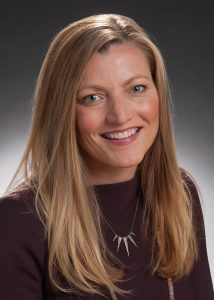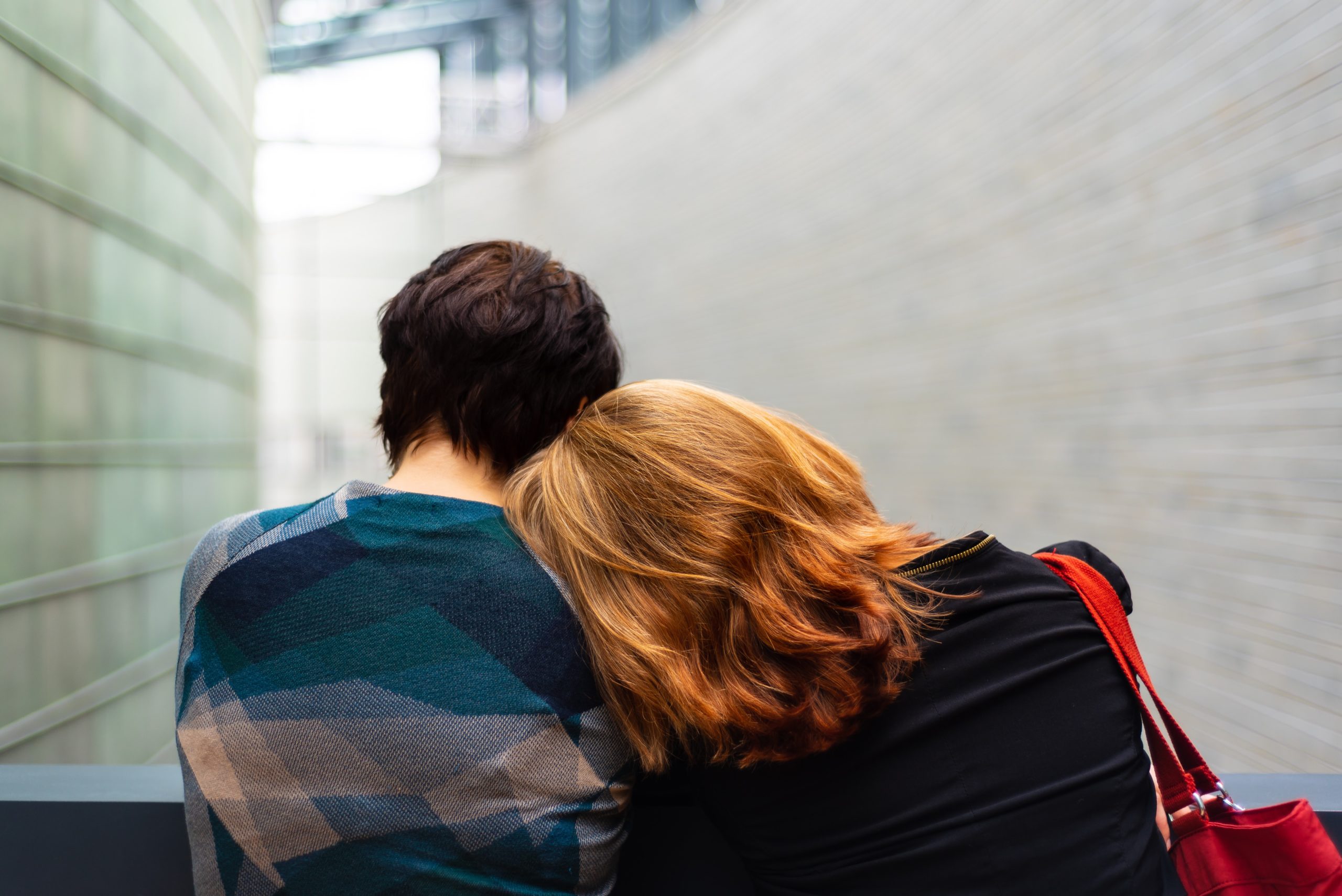
Kristi Gustavson, CEO
“If I can share my weaknesses with others, and compassionately collaborate to solve problems, the potential is truly boundless.” Steve Gleason, former New Orleans Saint and ALS Survivor
In 12-step addiction programs, the first step to recovery is to admit you are powerless over an addiction. The concept of powerlessness is a hard one to grasp for both addicts and nonaddicts. While powerlessness could be mistaken for weakness, it actually takes great strength. We live in a highly individualistic culture and often mistakenly believe we should be able to take control of our own lives and fix all our problems and struggles alone. Admitting powerlessness involves leaning into others, trusting a community, and surrendering the idea we can control the things we cannot control.
I am not an addict and thus will never fully understand the powerlessness of addiction. I do, however, think there is much we can learn from those who cope with powerlessness all day, every day of their lives. For many of us the COVID-19 Pandemic leaves us feeling powerless. As individuals there is little that we can do to change what is happening. Many people have become ill. Many have been separated from their loved ones. Even more people have lost their jobs or are in danger of losing their jobs. This is hard. Individually we are powerless to stop it.
Make no mistake, when this pandemic is over, we will resume our lives (although they may be permanently altered) and the feeling of being powerless may dissipate. On the other hand, an addict’s powerlessness over their addiction remains, pandemic or no. The take away should be an understanding that the only way we can get through this tragic time is to lean into others, trust our community, and surrender ourselves to the things we cannot control one day at a time. And perhaps when the pandemic is safely behind us, we will have learned the value in trusting someone beyond ourselves.
The COVID-19 Pandemic is an unprecedented event. As “nonessential” businesses and events have been brought to a standstill, the need in our community has multiplied overnight. North Louisiana nonprofits are working tirelessly to help those who have been negatively impacted by the pandemic. Every day these nonprofits assist the homeless, feed those newly struck by economic uncertainty, or provide behavioral health or addiction services to those in need. We are calling upon our social service organizations like never before.
Community Foundation of North Louisiana’s Give For Good returns for its sixth and perhaps most important year ever. This 24-hour online giving day has raised over $10 million for North Louisiana nonprofit organizations in five years. Give For Good allows area nonprofits to raise unrestricted dollars for the life-changing assistance they provide to those in need in our community. (Notably, the Community Foundation does not receive any proceeds from Give For Good.)
If you are looking for a way to help during this difficult time, Give For Good provides an internet platform for social-distanced philanthropy. By donating online during Give For Good, you can do your part by staying home while raising crucial dollars for nonprofit businesses of your choosing. A community giving collectively is much more powerful than any one donor alone. No matter the dollar value, all donations are indispensable to the nonprofits and the community members they support. You can give online any time from April 21st through May 5th at giveforgoodnla.org.
If you are unsure of which nonprofit to support, you may consider donating to CFNLA’s COVID-19 Emergency Relief Fund. Community Foundation has already awarded $43,000 in emergency grants to nonprofits working directly with those who have been affected by COVID-19. CFNLA will be awarding a second round of grants from the fund the week of April 20th. For more information and to donate go to cfnla.org/covid19.
If you are someone you love is struggling with addiction call CADA (The Council on Alcoholism and Drug Abuse) at (318) 222-8511 for a confidential telephone screening, or visit www.cadanwla.org to fill out a secure online admission form. CADA offers residential and outpatient treatment. CADA accepts men and women, including pregnant women and women with dependent children up to 12 years of age and adolescents ages 12-17.
If you or someone you love is struggling with depression or other mental or behavioral health issues, stress management techniques, psychotherapy and counseling can all be accessed virtually through telehealth. If you need help, call LSU Health Shreveport Outpatient Psychiatry Clinic: (318) 626-2445; Samaritan Counseling Center: (318) 221-6121; or the Louisiana Office of Behavioral Health’s Keep Calm Through COVID counseling hotline: 1-866-310-7977.
This will not last forever. The best we can do is take things one day at a time, support one another, and do our very best to guard our physical and mental health … lean into others … surrender the things out of our control.
This article was written by CFNLA CEO Kristi Gustavson and originally published in the Shreveport Times on April 19, 2020.

